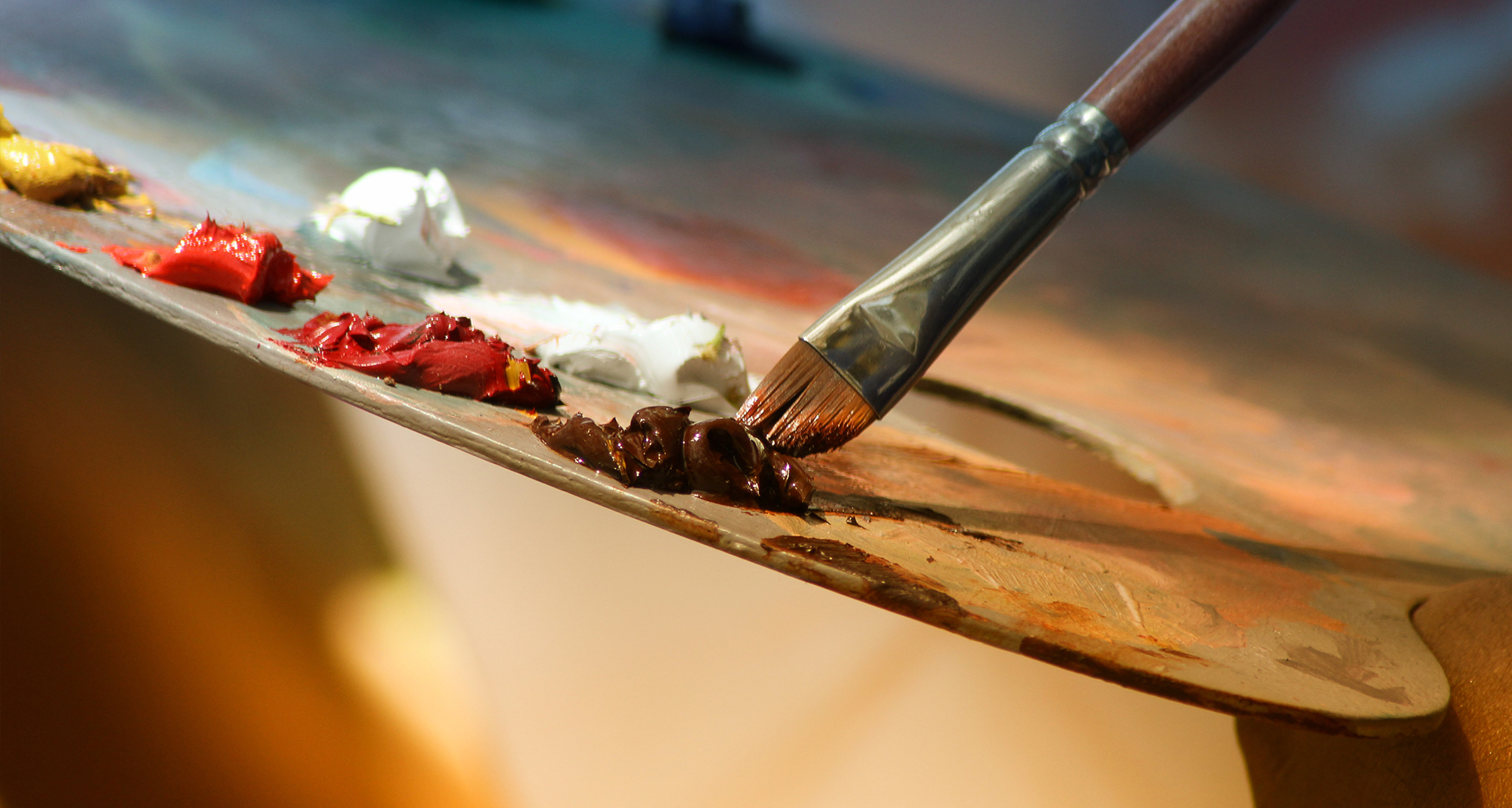As a teenager my need to prove myself drove me to perfectionism. Everything I did had to be perfect, pristine and precise—to the extreme. So much so that I was spending more and more time and effort not just reaching my goals but unnecessarily exceeding them.
Tweaking and redoing became a compulsion for me—especially in my creative endeavors. Ironically, the need to reach my imagined view of perfection often destroyed the very thing I was trying to perfect. What I didn’t know then was that there is no such thing as perfection. What is perfect for one person is flawed for another.
In fact, it is the flaws, those tiny imperfections, which make something truly come to life and allow it to move pass the ordinary to the extraordinary. Until I learned this, my true creativity remained blocked.
Here I would like to offer my heartfelt thanks and gratitude to my friend and former teacher Vernon Oickle for teaching me this very important life-lesson. Throughout my high school years Vernon took on the role of my unofficial mentor. He taught me lessons that went far beyond Biology or Chemistry. Lessons that have helped me become the person I am today.
Vernon taught an oil painting class on Thursday nights and asked me to join. I can still remember the smell of the oils to this day. I enjoyed it very much, but I was frustrated when I couldn’t execute a particular landscape or object. Every so often, Vernon would look over my shoulder and suddenly tell me to stop. “There! That’s amazing! Don’t touch it. Leave it just the way it is.” He might have been referring to a subtle brush stroke or a bit of shading that I had done, no doubt, by accident.
I’d often protest, saying that it needed just one more thing. In these times, Vernon would give me a knowing look of warning and smile as I ignored the advice and attempted to tweak the painting—only to ruin the specialness of what I had done. “Know when to let it go,” was his usual response.
The idea of “creative release” had never occurred to me until then. Inspiration flows through us, not from us. As such, we must let it move along. If we fail to release the creative energy and try to hold it too long it will sour and spoil the work. “Let it go. Release it.”
Vernon is a humble and modest man and probably doesn’t remember the important life-lesson he taught me, but he showed me the importance of artistic imperfection. All things of beauty and greatness have some intrinsic flaw that make them special—that make them extraordinary. Even today I can hear his voice as I’m writing and feel the need to pick at the work unnecessarily:“Remember Troy, excellence before perfection.”
Make the work it’s very best while accepting it can never be perfect. Excellence, however, is an achievable and worthwhile goal. Excellence is knowing that exact moment when to release your inspiration to the world. A second too early and it may fall short, a second too late and it may crumble.
Everyone can appreciate excellence, but we all have a different idea of perfection. Excellence allows an artist to complete a great work, while perfection stalls and kills it.
Excellence before perfection. Know when to say enough is enough and release it. Your work will not only turn out better, but you will feel better about it and get more done.
Thanks for visiting. Please feel free to leave me a comment by email: troy_roache@hotmail.com. I’d be happy to post it.
